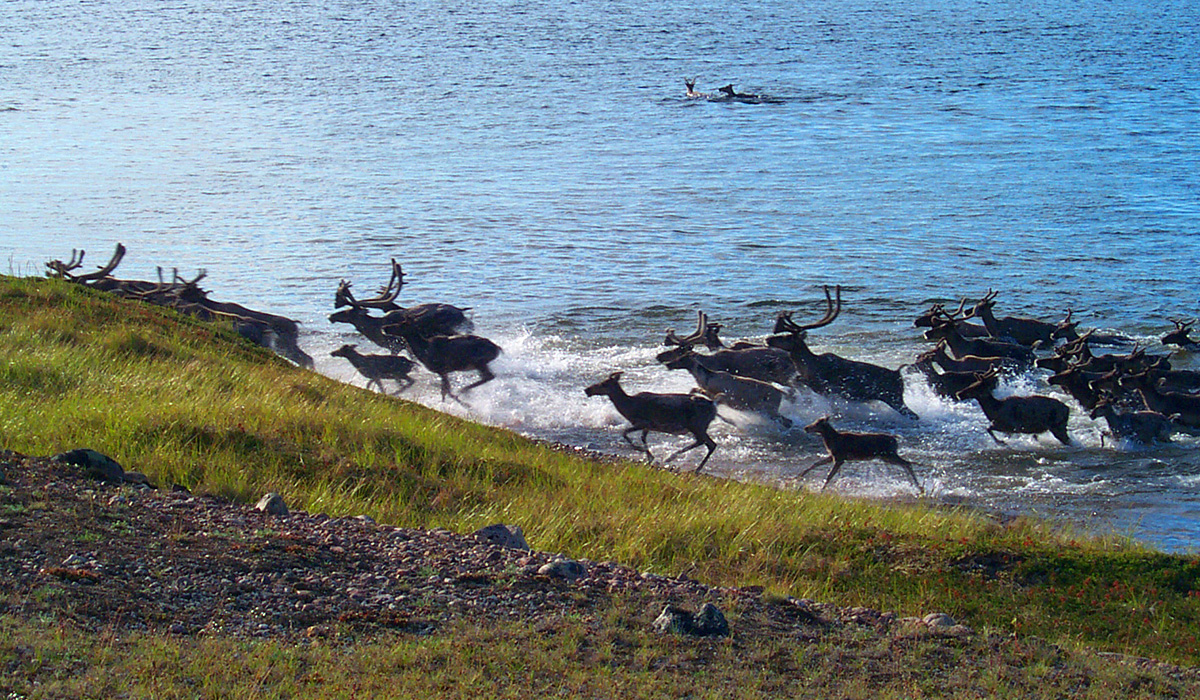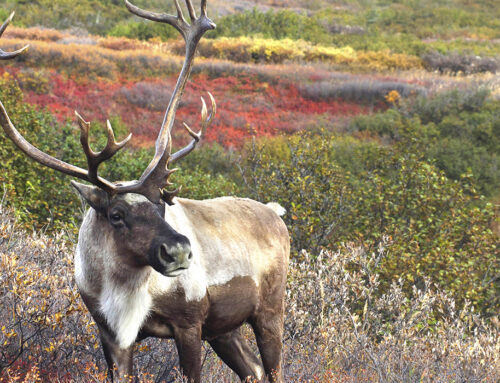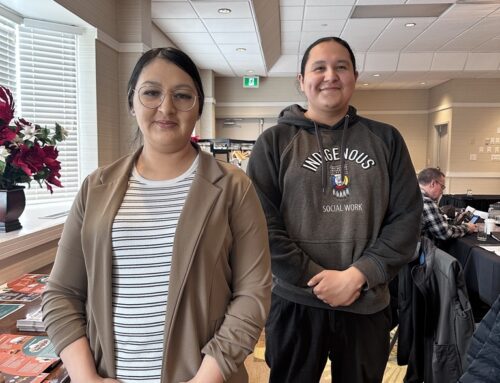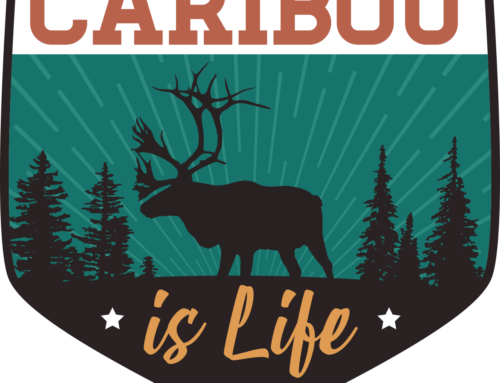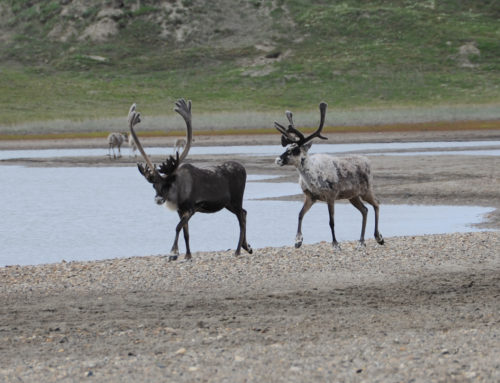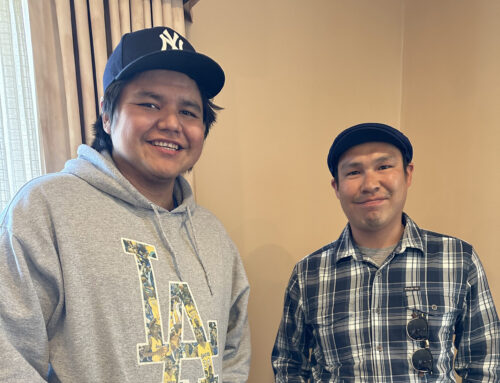November 27, 2018 – The Beverly and Qamanirjuaq Caribou Management Board (BQCMB) wrapped up its 86th meeting in Winnipeg, Manitoba November 20-22 with a clear message: the Beverly caribou herd is highly vulnerable and more needs to be done to address the pressures it is facing.
This message resulted from the Board’s vulnerability assessment for the herd, which was conducted in November 2017 through a process set out in its management plan for 2013-2022. Using local and traditional knowledge, along with scientific information, Board members looked at 20 indicators of herd vulnerability for Beverly caribou, rating them from very low to very high, and used the results to identify a preliminary overall vulnerability level for the herd. (When a caribou herd is ‘vulnerable’, the herd is more likely to be negatively affected by things that would have less impact under better conditions.)
Last week the Board also looked at the preliminary results of recent surveys conducted by the Government of Nunavut, including a June 2018 Beverly calving ground survey, which were used to estimate the herd’s current size. These results show that the herd has continued to decline since the last population survey in 2011, which causes serious concern for the BQCMB.
This combined information prompted the Board to rate the Beverly herd’s current vulnerability level as ‘high’.
BQCMB Chair Earl Evans said this high vulnerability level should be a wakeup call. “People were caught by surprise by the Bathurst caribou situation. Now that herd has declined so much it may never recover.”
The latest alarming news about the Bathurst herd, released publicly last week, show the herd has declined by almost 60% since 2015, from about 20,000 to 8,200 animals. The Bathurst herd had already decreased by 96% over the previous 3 decades.
“If you don’t learn from history, you are doomed to repeat it,” he added. “Now is the time for the Board to really ramp up its educational messages that caribou herds may not last forever unless people do everything they can to help caribou now.”
He also stressed that change will only come from all parties working together, which was a strong theme running through the Board’s latest meeting. “We heard over and over from community and government representatives alike that we have to work together, now more than ever before.
That is why this Board was created in 1982, and why it still exists today.”
-30-
The BQCMB is a co-management advisory board that helps manage the Beverly and Qamanirjuaq caribou herds, which migrate across Manitoba, Saskatchewan, the Northwest Territories and Nunavut. The majority of board members represent Indigenous communities and all board members live in northern Canada.
About the BQCMB
For more information, contact:
Ross Thompson
BQCMB Executive Director
Email: rossthompson@mymts.net
or
Lynne Bereza
Editor, Caribou News in Brief
Email: caribounews@outlook.com
Ph: 204-871-0517
